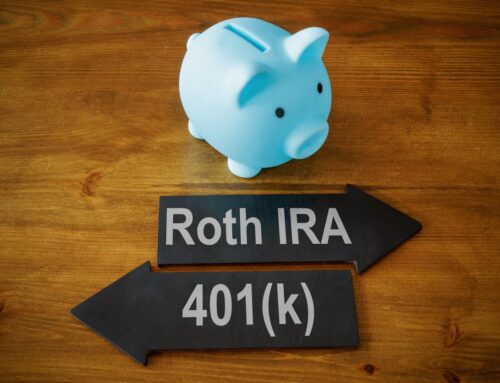
When talking about retirement financial planning, we often take investment strategy at face value. But what does an investment strategy really consist of? An investment strategy is utilized to help your wealth not only retain its value against inflation but hopefully grow as well. When it comes to retirement, there’s another aspect of income generation that is introduced. But no matter if you’re considering wealth growth or income generation, your investment decisions will involve calculations around your risk tolerance and unique goals as well. Let’s cover these concepts briefly to better understand what an investment strategy entails.
What is an Income-Generation Investment Strategy?
An investment portfolio focused on income generation has unique qualities, goals, and risks.[1] The idea behind an income-focused investment strategy is that the principal investment would generate a cash return via interest or dividend payments, most commonly, that would provide cash income.[1] In short, this strategy focuses on investments that are built to generate regular returns that can either be used as income or reinvested into the investment strategy (“compounded” in other words). So, when referencing an income generation investment strategy, oftentimes, they refer to this concept of scheduled cash returns as a key characteristic of the investment strategy.
What is a Total Return Investment Strategy?
The total return strategy takes a different approach to an investment plan. Instead of focusing on developing a portfolio specifically around cash returns, a total return portfolio is optimized for generating growth by considering all forms of wealth generation, namely, equity growth.[1]
While an income strategy provides cash returns that can be reinvested or used to spend, a total return strategy includes equity growth as well. So, using common sense, a total return strategy may be utilized for someone who is looking for a diversified return strategy approach and wants the benefits of equity growth with some of the benefits of compounding interest or dividends.
What’s the Difference in Practice?
Let’s say you have the choice between two investments. One investment has a 2% rate of growth and a 4% dividend. The other investment has a 2% dividend and an expected equity return of 5%. Those focusing on income would likely choose the first investment because they will get a greater amount of cash from their investment without having to withdraw any of the principle from that investment. Those thinking about total return would choose the second investment because it has a higher expected rate of return overall. What the recipient wants to do with that return is often the deciding factor in which strategy they’d prefer to use.
The strategy you choose may come down to which type of accounts your money is in, what your financial goals are, and many other factors. Keep in mind that we’ve only scratched the surface of what goes into an investment strategy, and every situation is different, which means all or none of the concepts discussed may be applicable to your unique situation. Regardless of where you are in your retirement journey, if you are looking for someone to help guide you through how to manage investment decisions, Click HERE to reach out to one of our professionals today at SouthPark Capital for a complimentary review of your finances.
[1] https://www.investopedia.com/articles/retirement/11/implement-effective-retirement-income-strategy.asp









